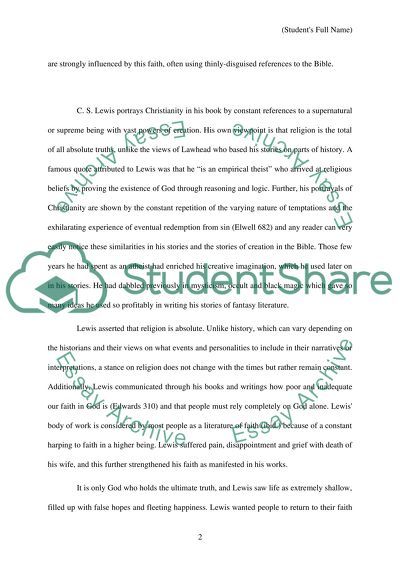Cite this document
(“The Magician's Nephew and Merlin Essay Example | Topics and Well Written Essays - 1250 words”, n.d.)
The Magician's Nephew and Merlin Essay Example | Topics and Well Written Essays - 1250 words. Retrieved from https://studentshare.org/literature/1455756-the-magician-s-nephew-and-merlin
The Magician's Nephew and Merlin Essay Example | Topics and Well Written Essays - 1250 words. Retrieved from https://studentshare.org/literature/1455756-the-magician-s-nephew-and-merlin
(The Magician'S Nephew and Merlin Essay Example | Topics and Well Written Essays - 1250 Words)
The Magician'S Nephew and Merlin Essay Example | Topics and Well Written Essays - 1250 Words. https://studentshare.org/literature/1455756-the-magician-s-nephew-and-merlin.
The Magician'S Nephew and Merlin Essay Example | Topics and Well Written Essays - 1250 Words. https://studentshare.org/literature/1455756-the-magician-s-nephew-and-merlin.
“The Magician'S Nephew and Merlin Essay Example | Topics and Well Written Essays - 1250 Words”, n.d. https://studentshare.org/literature/1455756-the-magician-s-nephew-and-merlin.


